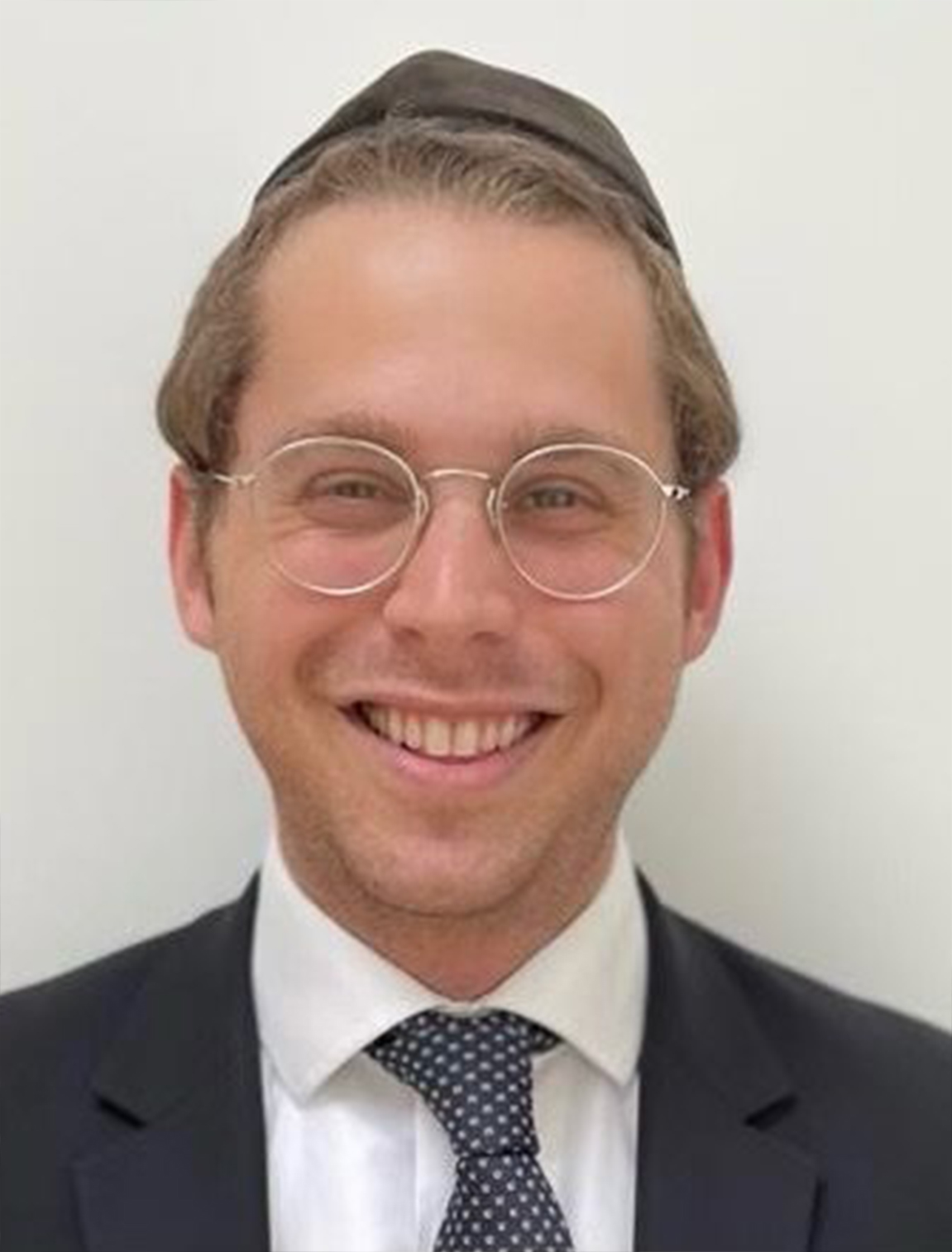Judah Max Dobrinsky
Director of risk finance
XN Captive

Personal bio: As director of risk finance, Judah Max Dobrinsky leads structuring efforts for captives and programmes at XN Captive.
Before joining the company, he managed admitted and captive P&C insurance entities on behalf of a family office, overseeing operations for businesses collectively writing approximately US$100 million annually.
He directed all levels of operations, managed the group's captive facilities, and led the origination and execution of new speciality programmes, fronting arrangements, and expansion initiatives.
In addition, he co-founded and served as president of Magnet Insurance Agency, specialising in large-schedule real estate.
On the commercial brokerage side, he has designed programmes covering over US$3 billion in property total insurable value and hundreds of millions in primary and excess casualty limits.
Judah began his career in investment banking as part of Deutsche Bank’s Global Industrials Group, advising on transactions totalling 10 figures across multiple sectors and financial products.
Could you share any insights or experiences you have had in the captive insurance industry?
My journey in captive insurance, and alternative risk more broadly, began even before my career transitioned into the insurance industry. Having started in corporate finance, my approach has always been guided by efficient capital structuring and maximising returns. When I moved into insurance, I quickly recognised that, at its core, insurance is fundamentally about structuring capital to manage risk and assessing the returns and trade-offs of retaining or financing that exposure. This perspective has shaped my practical approach to risk finance decisions and advisory.
How has your previous experience prepared you for your current role?
I believe my career beginnings have significantly shaped the way I assess risk and make decisions regarding financing, transferring, retaining, and capital allocation. Equally important are the qualitative aspects my previous experiences have instilled in me — particularly soft skills. Being a good and responsive service provider and fiduciary is at the core of who I am, and I value this above any technical expertise. Additionally, understanding what clients want and what they are comfortable with, while educating them on an increasingly complex product, is essential to being a trusted advisor. These skills, I believe, add immense value and ultimately drive clients’ business decisions.
Based on your experience, what would you say are the key benefits of working in this industry?
The ever-evolving and interconnected nature of the industry is what truly keeps me engaged. I never anticipated working in the relatively niche field of insurance, let alone a niche within that niche (nor have I met many who did!), but I am sincerely grateful to have found my way into it. I am constantly learning and see the vast opportunities that exist as various aspects of the industry come together to deliver the final product. For those willing to take the initiative to learn beyond their immediate area of expertise, there is significant potential for growth and development in this industry.
What types of companies have you assisted in captive formation, and what specific risks were they aiming to protect against?
My initial experience in the sector was with a group of alternative risk operating assets. Our business had a risk retention group and several offshore captives and reinsurance vehicles, assuming both f irst-party risk and reinsuring various retentions across different programmes we structured for property and casualty (P&C) and accident and health (A&H) exposures. Since entering the field, I have been involved in structuring a diverse range of captives and alternative risk solutions, covering traditional casualty programmes, increasingly popular propertyfocused structures, and non-traditional insurance products such as warranties. What has been particularly exciting is that these assets have not only spanned various classes and lines of business from an exposure perspective but have also varied across first-party risk, programme and MGA structuring, as well as reinsurance retentions. Each deal is truly unique in almost every way.
What are your aspirations for your future career in the industry?
I am taking it one day at a time and keeping up with the pace.
I have no plans to leave the industry anytime soon, but where my career takes me in the long term is yet to be shaped.
What advice do you have for someone considering a role in captive insurance?
It can be highly fulfilling, and those who make a continuous effort to learn and develop can be well rewarded.
Gabriel Weiss, CEO, XN Captive “Captive structuring may not make headlines, but it can determine the success or failure of the captive opportunity for many mid-market businesses. Judah's strength lies in cutting through complexity with a blend of analytical precision and creative thinking, uncovering clear paths to practical captive solutions.”
